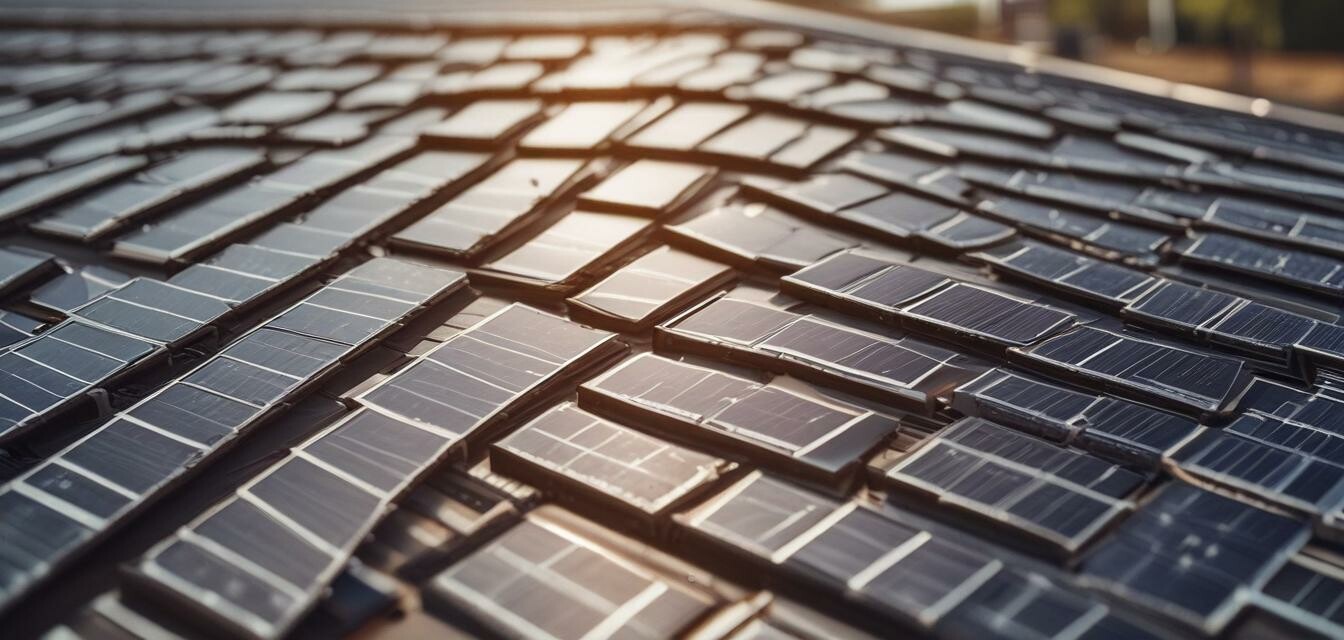
Solar Panel Recycling: Growing Trend or Passing Fad?
Key Takeaways
- Solar panel recycling is on the rise due to increasing environmental concerns.
- Recycling processes recover valuable materials, reducing waste in landfills.
- Government initiatives are encouraging recycling efforts in the industry.
- Despite the trend, challenges remain regarding the efficiency and cost-effectiveness of recycling.
- The future of solar panel recycling depends on technological advancements and policy support.
The rapid expansion of solar energy as a sustainable power source has led to a critical question: what happens to solar panels when they reach the end of their life? As the global emphasis on reducing waste and promoting sustainability grows, the issue of solar panel recycling emerges as an urgent topic for the solar industry and the environment alike. This article explores whether solar panel recycling is a growing trend or merely a passing fad.
The importance of solar panel recycling
With millions of solar panels installed worldwide, the industry faces a looming challenge: managing end-of-life disposal. Many panels are designed to last 25 years or more, but as the first wave of solar installations starts to age, the question of how to recycle these panels becomes essential.
Recycling not only reduces the amount of hazardous waste produced but also allows for the recovery of valuable materials, such as:
| Material | Recovered From | Value |
|---|---|---|
| Silicon | Solar cells | High value due to demand in electronics |
| Glass | Glass surfaces of solar panels | Used in construction and new panels |
| Metals | Frames and wiring | High scrap value, especially aluminum |
Current recycling processes
The primary aim of solar panel recycling is to efficiently separate and recover these materials. Currently, there are a few different recycling methods in use:
- Mechanical Recycling: This process involves shredding the panels and physically sorting the materials.
- Chemical Recycling: Here, chemicals are used to dissolve components and extract valuable materials.
- Thermal Recycling: This involves using high temperatures to break down substance compounds.
Government initiatives and industry response
Government initiatives play a significant role in shaping legislation around solar panel recycling. Many countries are now mandating recycling targets for manufacturers and incentivizing the development of recycling technologies. For instance, recent news announcements have highlighted efforts to create a standardized recycling protocol in the industry.
Challenges in the recycling landscape
Despite the positive trends, the recycling industry faces challenges that must be addressed to foster growth. These include:
- Cost of recycling: The costs associated with recycling technologies can be high, making it economically unfeasible.
- Lack of infrastructure: Many regions still lack the infrastructure necessary to support large-scale recycling efforts.
- Public Awareness: There is still a significant lack of awareness regarding the importance of recycling solar panels.
The future of solar panel recycling
The future of solar panel recycling hinges on advancements in both technology and policy. Innovations in recovery methods can lead to improved efficiencies that make recycling more attractive, while government regulations can promote accountability and environmental responsibility among manufacturers.
For further insights on the implementation of green technologies in energy systems, check out our articles on hybrid systems and solar panels. Knowledge is power when it comes to making eco-friendly choices!
Pros
- Reduces environmental impact by keeping hazardous materials out of landfills.
- Recovers valuable materials that can be reused in new products.
- Encourages innovation in recycling technologies.
Cons
- High initial costs for developing recycling technologies.
- Limited existing infrastructure in many regions.
- Low public awareness and engagement with recycling protocols.
Conclusion
Solar panel recycling is proving to be more than just a passing trend. As technology and policies evolve, the push towards a sustainable recycling framework will likely strengthen. The importance of addressing solar panel end-of-life management cannot be understated; through proactive measures in recycling, we can mitigate environmental impacts and pave the way for a cleaner, greener future in renewable energy.



